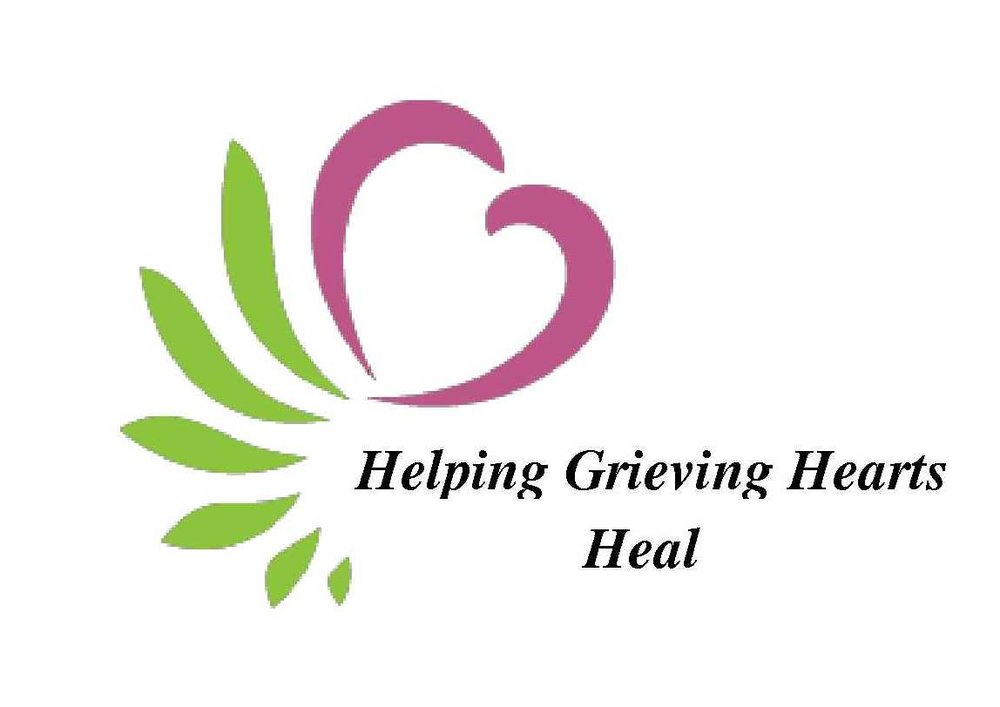
How to Help Someone who is Grieving
Below are some practical suggestions as to how you can help people who have a loss and support them in their time of need.
Always remember that grief takes time. Not everyone goes through the same process and none at the identical pace. We can’t fix people, try to make their decisions for them or try to set the pace for their journey. But we can be with them. We can walk alongside and let them know they are not alone. They have a friend, and they will be thankful for that and for you. You will have made a difference in someone’s life. And after all that is the greatest reward.
1. Be there.
Often what is needed is for people to be not just to do. As a helper, you should take the initiative and make contact. The first thing is to reach out, establish contact and be there. Don’t worry about what you’re going to say or do. Just be yourself. The gift of presence is most important to people in grief.
2. Please listen.
One of the healthy things in the days before a funeral is the opportunity for people to talk about the dead person and the events surrounding the death. Unfortunately that process often ends shortly after the funeral service. Research has shown that the most significant factor in the failure of grief resolution is the absence or inappropriateness of social support. Put simply, people need to talk … which means others need to listen.
3. Interpret “normal” behavior.
Grief is an emotional response to a significant loss. Our grief response is a unique blending of numerous emotions. Some of these include shock, disbelief, numbness, crying, confusion, anxiety, depression, guilt, anger, loneliness, despair, sadness, helplessness, frustration, irritability, resentment, fatigue, sleep disruptions, physical symptoms and lowered self‑esteem. People in grief, not understanding this emotional explosion they may be experiencing, often think they are going crazy. They aren’t! They are normal. You may not be a doctor or a psychologist, but if you can help people to see they are normal in their feelings of grief, you will bring the best medicine.
4. Legitimize grief feelings.
The feelings of grief are unique, influenced by many factors around the relationship and the circumstances. We need to let the person know it is OK to grieve. To say that they must be strong, or that life must go on or even to quickly change the subject to something more cheerful, gives the message that the grief and the feelings are not acceptable to us.
5. Tolerate angry responses.
Be prepared for the fact that you may be the focus of some angry reactions or outbursts. It is not necessarily a reflection on you or the things you are attempting to do. Don’t get angry in return or give up on the person when this happens. They are angry for one simple reason. We cannot give them what they want the most. Namely the return of the person they have lost. The feelings of helplessness around such a situation lead people to be angry. The person is not angry at us, hard as it may be to be objective.
6. Hold hope for the griever.
While not minimizing the pain and difficulty of grief, we can hold hope for the griever. Hope that someday the pain will subside. Hope that life will have meaning again. Hope that someday life will make sense again. Such a feeling of hope will bring comfort, the realization that things will get better and that they will find the grace and the strength to carry on. This is why support groups can be so helpful. They show people whose loss is recent that others have survived the anguish and the agony and are finding new meanings for their life.
~Adapted from an Article by Dr. Bill Webster

Grief in the Workplace
The first step in dealing with a death in an institution or workplace is to stop the normal activities and reschedule them so that employees can come together to share their thoughts and feelings. Depending on the organization, this moratorium will take different forms.
Grief in the Workplace
Grief in the Workplace - by Jackie Hook

Grief After Suicide
Caring for and supporting someone who has lost a loved one to suicide can be difficult. Many feel unable to provide adequate support and struggle to understand the depth of distress. Some have difficulty in knowing what to say or do and feel awkward, uncomfortable and concerned about saying the wrong thing. Learn what you can about grief and bereavement following suicide.

Helping Grieving Hearts Heal
Our program provides various opportunities to talk about and move your grief from the inside to the outside. You can participate in a one-on-one grief companioning session or become a part of a grief education and support group. Please click on the logo to the left for detailed information about our program.
To learn more about our Helping Grieving Hearts Heal program, contact Jackie Hook by using the form below. Please visit our #MondaysMoments & #BePresentWithKoch blogs and join our Facebook and Instagram communities.





